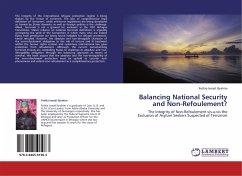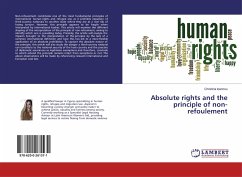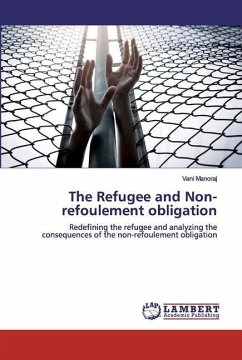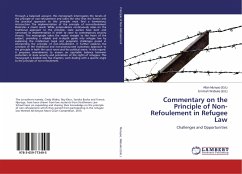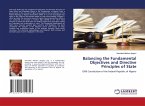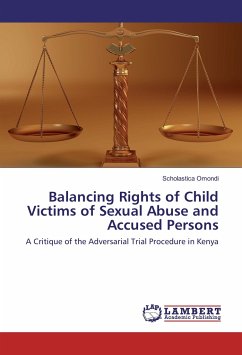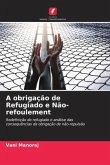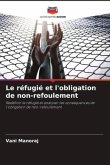The integrity of the international refugee protection regime is being shaken by the threat of terrorism. The lack of comprehensive legal definition of terrorism , while anti-terror legislations are being developed as framed by States domestic as well as foreign policies is the challenge. Albeit, terrorism is not a ground for exclusion in the 1951 Refugee Convention, States' reliance on national terrorism definitions is arguably contrasting the spirit of the Convention in which many who are indeed flying from persecution are being found ineligible for refugee protection, hence refouled. However, the absolute and non-derogable character of the non-refoulement obligation to the risk of torture and ill treatment within the human rights context and customary international law gives protection from refoulement. Although, the current overwhelming terrorism threats are compelling States to challenge its absolute and non-derogability obligation through the balancing approach as means of removal, this book argues that the absolute and the non-derogabiltiy of the non-refoulement protection must be upheld to counter such phenomena and extend non-refoulement as a complementary protection.

